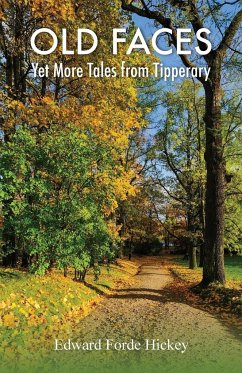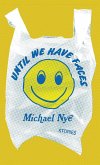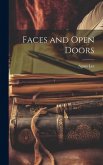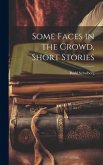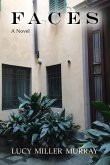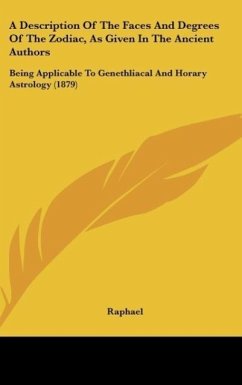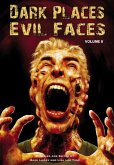This fourth book in the series, portrays a closely-knit group of people living in the north Tipperary hills during the early 20th century - a community largely made up of small farmers, whose lives were far different from today. The book's inspiration comes from writers such as Thomas Hardy and attempts to pass on to readers the lyrical and rich phrasings of Tipperary's old hill folk and capture the spiritual wealth of an age that remained unchanged for several centuries. Tales of . . . * brotherly love and hate. * a rogue's return from across the sea and his efforts to reform. * an unexpected first-love at the harvest-time dance-in-the-fields. * persecution of two old saints at the hands of misguided youth. * sports-day activities for adults and children alike, following the arduous channelling of a new stream. * two adventurous toddlers, getting lost in the wilderness but saved by a witch. '. . . lovers of literature will find themselves engrossed in the lives of a past hillside community.' Addison & Cole
Hinweis: Dieser Artikel kann nur an eine deutsche Lieferadresse ausgeliefert werden.
Hinweis: Dieser Artikel kann nur an eine deutsche Lieferadresse ausgeliefert werden.

